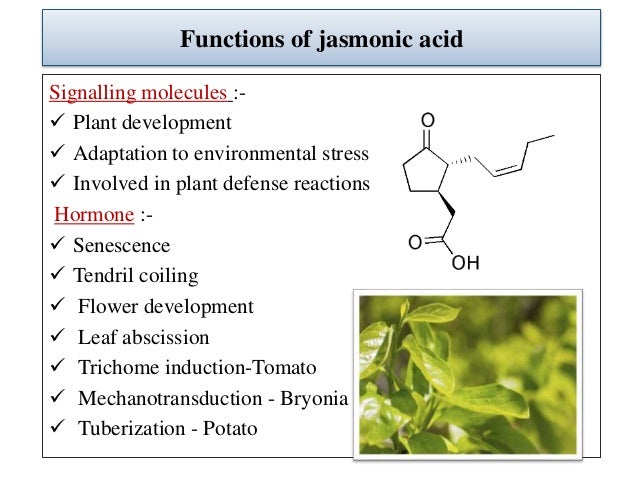Relevance: Prelims: Science and technology
Why in news?
- Researchers in the United States have discovered a communication network in plants that helps them respond to a hormone involved in pest resistance. This may help develop crops that can withstand insect attacks.
- The study observed that the hormone called jasmonic acid is particularly important for a plant’s defense response against fungi and insects.

Key highlights:
- In the study, the scientists used the plant Arabidopsis thaliana, a widely studied small flowering plant in the mustard family, whose genome has been well characterised.
- The researchers said the findings from studying Arabidopsis thaliana can be applied to other plants, including those grown for food.
- During the experiment, using various computational approaches, the study team could identify genes important for the plant’s response to jasmonic acid, and for the cellular cross-communication with other plant hormone pathways.
- According to the scientists, the genes MYC2 and MYC3 rose to the top in their degree of importance across the system.
- They said the two genes are involved in producing proteins that regulate the activity of thousands of other genes.
- By assessing these gene networks and subnetworks, researchers could understand the architecture of the whole plant hormone system.
- It also helped them to understand which genes are turned on and off during a plant’s defense response.
- Ultimately, the process helps in identifying breeding crops that are able to better withstand attacks from pests.
For more such notes, Articles, News & Views Join our Telegram Channel.
Click the link below to see the details about the UPSC –Civils courses offered by Triumph IAS. https://triumphias.com/pages-all-courses.php

